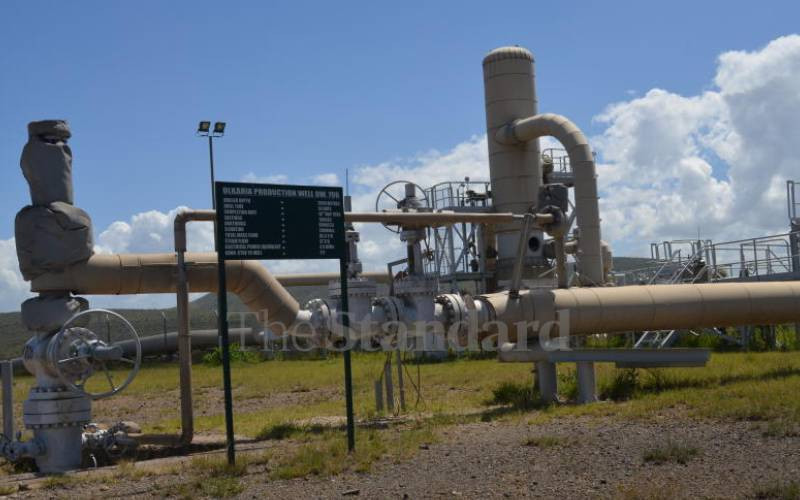×
The Standard e-Paper
Join Thousands Daily

Since 2000, Africa has made tremendous strides in developing its electricity sector.
Data from International Energy Agency indicates that in Africa, the number of people getting connected to electricity for the first time almost tripled from eight million between 2000 and 2013 to 24 million people between 2014 and 2019.